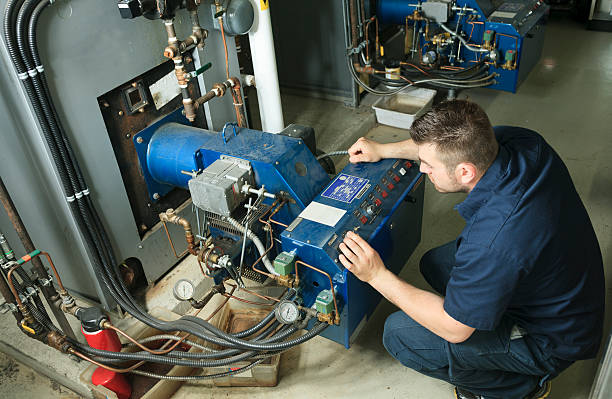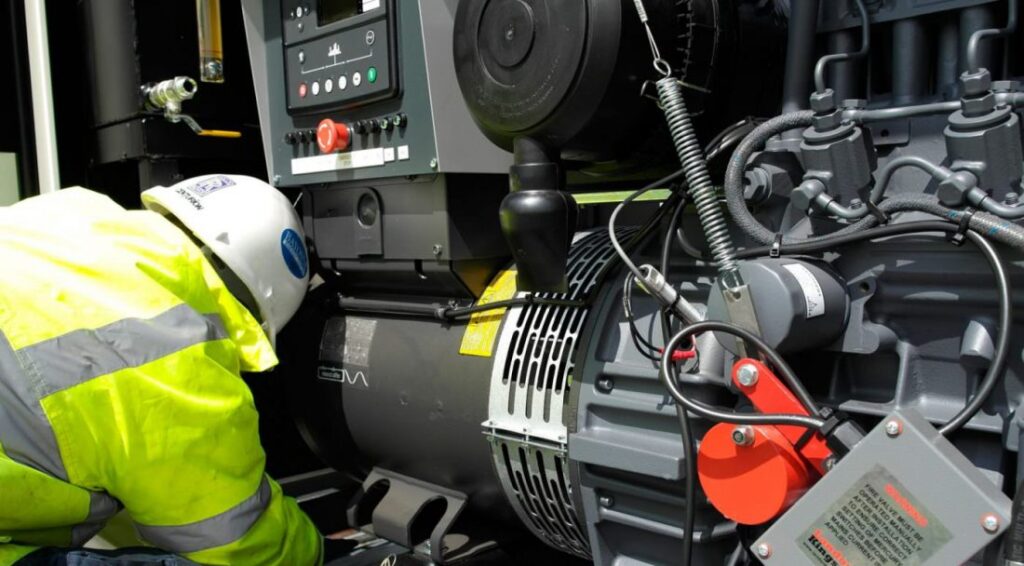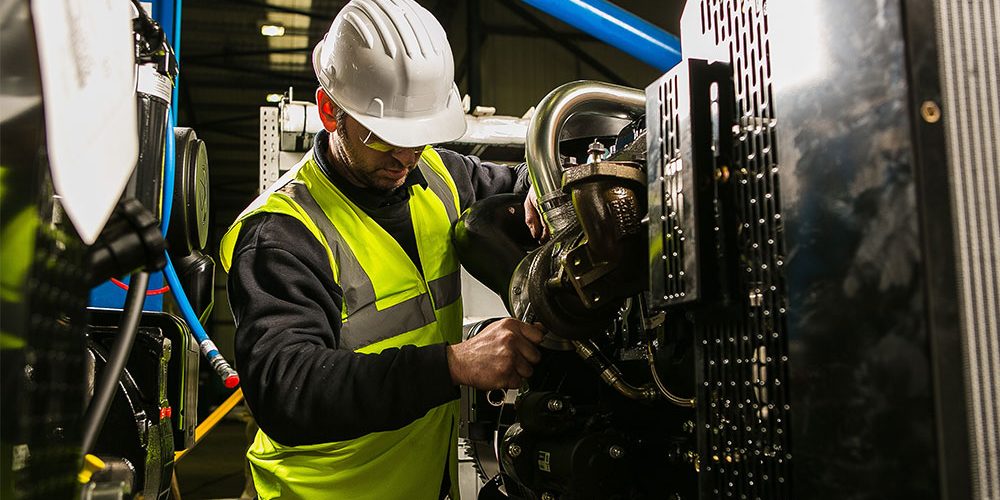Welcome to our guide on generator repairs for optimal performance, where we will delve into the intricacies of maintaining and optimizing the performance of your power supply.
Generators play a crucial role in providing electricity during emergencies, power outages, or in remote locations where access to the grid is limited. However, like any complex machinery, generators require regular upkeep and occasional repairs to ensure longevity and efficiency.
Table of Contents
Why Generator Repairs Matter
The generator repairs are essential to keep your power supply functioning at its best. Neglecting maintenance and repairs can lead to costly breakdowns, increased fuel consumption, and compromised optimal performance when needed. Understanding common issues and addressing them promptly can save time, money, and potential headaches.
Common Generator Issues
Fuel System Problems
One of the most common generator issues relates to the fuel system. Over time, fuel can contaminate or degrade, affecting the generator’s performance. It is important to regularly inspect the fuel system, including the fuel lines, filters, and tank, to ensure proper functionality. If you notice any signs of contamination or clogging, cleaning or replacing the affected components is recommended.

Battery Failure
Generator batteries can experience failures for various reasons, such as lack of maintenance, age, or excessive discharging. A faulty battery can prevent the generator from starting or cause it to shut down unexpectedly. Regularly testing the battery’s voltage, cleaning the terminals, and replacing worn-out batteries are vital steps to avoid potential issues.
Oil Leaks
Oil leaks can occur in generators, and they should never be ignored. Leaks can lead to reduced oil levels, inadequate lubrication, and potential damage to internal components. If you notice any oil stains or puddles near your generator, promptly identifying and fixing the leak’s source is crucial. Consulting a professional technician is recommended for complex repairs.
Cooling System Malfunctions
Generators rely on cooling systems to regulate their temperature and prevent overheating. If the cooling system fails or becomes inefficient, it can lead to engine damage and reduced performance. Regularly inspecting the cooling system, checking coolant levels, and cleaning the radiator and fans can help prevent overheating issues and prolong the lifespan of your generator.
Electrical Component Failures
A generator’s electrical components are susceptible to wear and tear over time. Loose connections, damaged wiring, or faulty voltage regulators can lead to power fluctuations, erratic performance, or electrical hazards. Conducting routine inspections, tightening connections, and replacing defective components are essential to maintaining a reliable electrical system.

Generator Repairs: FAQs
How often should I have my generator serviced?
It is recommended to have your generator serviced at least once a year or according to the manufacturer’s guidelines. Regular maintenance ensures optimal performance, identifies potential issues early on, and extends the lifespan of your generator.
Can I perform generator repairs myself?
While the generator owner can do basic maintenance tasks such as checking fluid levels and cleaning, complex repairs should be left to professionals. Generators are intricate machines that require specialized knowledge and tools for proper maintenance.
What are the signs of a failing generator battery?
Common signs of a failing generator battery include difficulty starting the generator, dimming or flickering lights, and inconsistent power output. If you experience any of these symptoms, it is advisable to have your battery tested and replaced if necessary.
How can I prevent fuel contamination in my generator?
To prevent fuel contamination, using clean and high-quality fuel is important. Additionally, regular inspection and cleaning of the fuel systems components, such as filters and fuel lines, can help minimize the risk of contamination.
Does the warranty cover generator repairs?
The warranty coverage for generator repairs varies depending on the manufacturer and specific warranty terms. It is recommended to review your generator’s warranty documentation to understand the extent of coverage provided.
What should I do if my generator has an oil leak?
If you notice an oil leak in your generator, it is best to contact a professional technician for assistance. They will be able to identify the source of the leak and perform the necessary repairs to prevent further damage.
Extend the Lifespan of Your Generator
Generator repairs are crucial for ensuring your power supply’s optimal performance and reliability. By addressing common issues promptly, scheduling regular maintenance, and seeking professional help when needed, you can extend the lifespan of your generator and be confident in its ability to provide electricity when it matters most.
Remember, a well-maintained generator is a reliable power source during emergencies or in locations where the grid is inaccessible.

